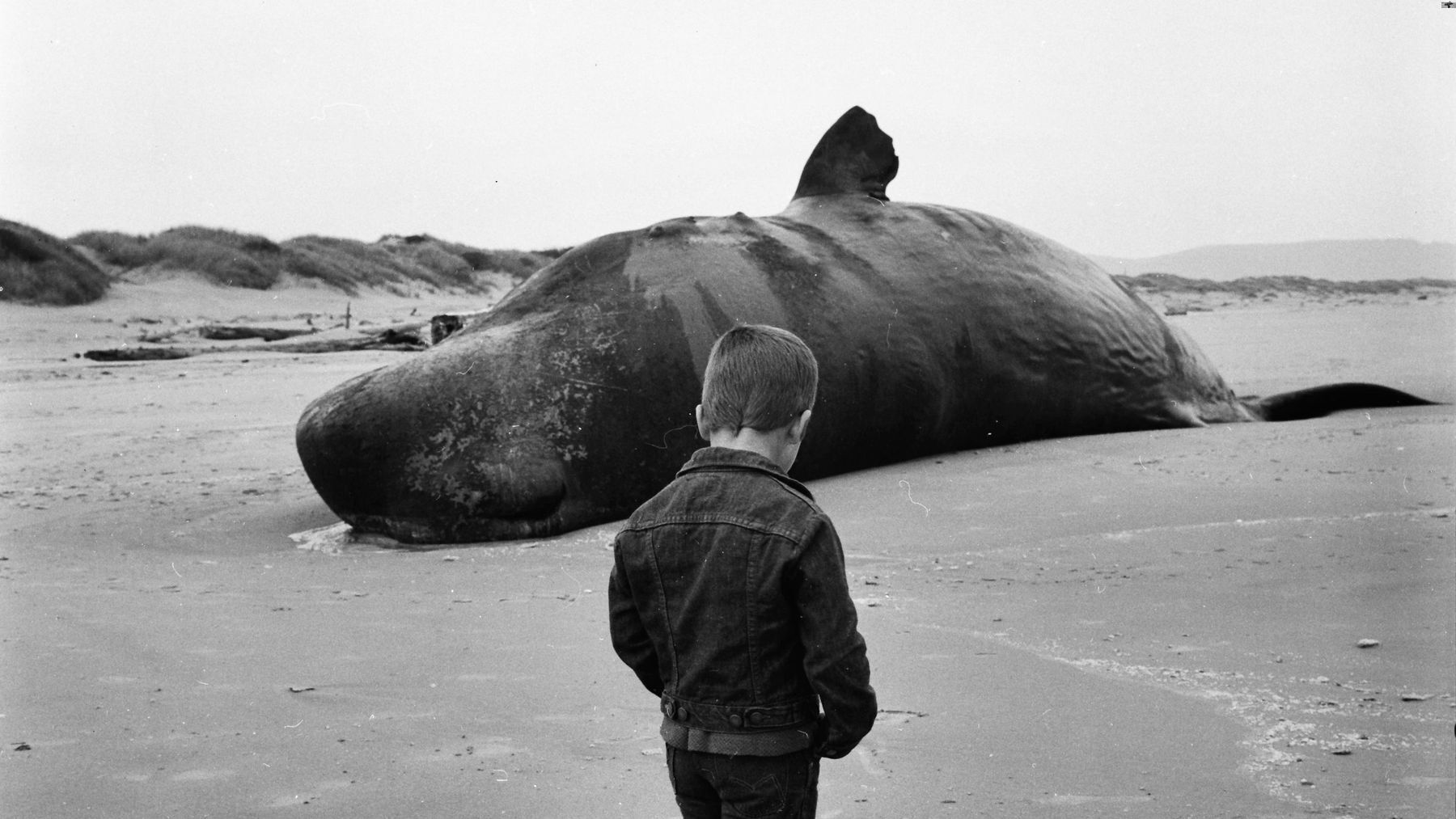
Public discourse shapes our world, influencing opinions, policies, and even daily interactions. But what exactly is public discourse? Public discourse refers to the open exchange of ideas and opinions among the public, often facilitated through media, public forums, and social platforms. It's the heartbeat of democracy, allowing diverse voices to be heard and considered. Understanding its nuances can help us navigate conversations more effectively and contribute meaningfully to society. From historical speeches to modern-day tweets, public discourse evolves but remains a cornerstone of civic engagement. Ready to dive into some intriguing facts about this vital aspect of our lives? Let's get started!
Key Takeaways:
- Public discourse, the exchange of ideas and opinions among people, has been shaping societies since ancient Greece. It influences policy decisions and is vital for a functioning democracy.
- Technology has revolutionized public discourse, allowing anyone to participate and share their views. However, challenges like misinformation and polarization can hinder productive discussions.
Understanding Public Discourse
Public discourse shapes societies. It involves the exchange of ideas, opinions, and information among people. Here are some interesting facts about public discourse that highlight its importance and impact.
-
Public discourse has been around since ancient Greece. Philosophers like Socrates, Plato, and Aristotle engaged in debates to explore various topics.
-
The term "public sphere" was coined by German philosopher Jürgen Habermas. It refers to a space where individuals can discuss societal issues freely.
-
Social media has revolutionized public discourse. Platforms like Twitter and Facebook allow people to share their views instantly with a global audience.
-
Public discourse can influence policy decisions. Lawmakers often consider public opinion when crafting legislation.
-
Town hall meetings are a traditional form of public discourse. They provide a platform for community members to voice their concerns directly to local officials.
The Role of Media in Public Discourse
Media plays a crucial role in shaping public discourse. It informs, educates, and sometimes even sways public opinion. Let's look at some facts about media's influence on public discourse.
-
Newspapers were one of the earliest forms of mass media. They have been informing the public since the 17th century.
-
The rise of television in the 20th century changed public discourse. It brought news and debates into people's living rooms.
-
Talk radio became popular in the 1980s. It provided a platform for hosts and callers to discuss current events and issues.
-
The 24-hour news cycle emerged with channels like CNN. It ensures that news is constantly available, influencing public discourse around the clock.
-
Fake news can distort public discourse. Misinformation spreads quickly, especially on social media, affecting people's perceptions and opinions.
The Impact of Technology on Public Discourse
Technology has significantly impacted how public discourse occurs. From the printing press to the internet, each technological advancement has brought changes. Here are some facts about technology's role in public discourse.
-
The printing press, invented by Johannes Gutenberg in the 15th century, made it easier to disseminate information widely.
-
The internet has democratized public discourse. Anyone with an internet connection can share their views and participate in discussions.
-
Blogs and online forums provide platforms for niche communities to engage in public discourse on specific topics.
-
Podcasts have become a popular medium for public discourse. They allow for in-depth discussions on various subjects.
-
Algorithms on social media platforms can create echo chambers. They show users content that aligns with their existing beliefs, limiting exposure to diverse viewpoints.
Public Discourse and Democracy
Public discourse is vital for a functioning democracy. It allows citizens to express their views, debate issues, and hold leaders accountable. Here are some facts about the relationship between public discourse and democracy.
-
The First Amendment of the U.S. Constitution protects freedom of speech, a cornerstone of public discourse in a democratic society.
-
Public discourse can lead to social change. Movements like the Civil Rights Movement in the 1960s relied on public discourse to raise awareness and advocate for change.
-
Debates are a key component of democratic elections. They allow candidates to present their views and policies to the public.
-
Public discourse can expose corruption. Whistleblowers and investigative journalists play a crucial role in bringing issues to light.
-
Civic education promotes effective public discourse. Teaching people about their rights and responsibilities helps them engage in meaningful discussions.
Challenges in Public Discourse
Public discourse faces several challenges. From misinformation to polarization, these issues can hinder productive discussions. Here are some facts about the challenges in public discourse.
-
Misinformation can spread rapidly, especially on social media. It can mislead people and distort public discourse.
-
Polarization can divide people. When individuals only engage with like-minded groups, it can lead to an "us vs. them" mentality.
-
Echo chambers reinforce existing beliefs. They limit exposure to diverse perspectives, making it harder to have balanced discussions.
-
Trolls and online harassment can disrupt public discourse. They can intimidate people and discourage them from participating in discussions.
-
Media bias can influence public discourse. When media outlets present news with a particular slant, it can shape people's perceptions and opinions.
The Future of Public Discourse
The future of public discourse will likely be shaped by ongoing technological advancements and societal changes. Here are some facts about what the future might hold for public discourse.
-
Artificial intelligence could play a role in moderating online discussions. AI can help identify and remove harmful content, promoting healthier discourse.
-
Virtual reality could create new spaces for public discourse. VR platforms could host virtual town halls and debates, making participation more accessible.
-
Digital literacy is becoming increasingly important. Teaching people how to critically evaluate information can improve the quality of public discourse.
-
Decentralized social networks are emerging. These platforms aim to give users more control over their data and reduce the influence of algorithms on public discourse.
Final Thoughts on Public Discourse
Public discourse shapes our world. It influences opinions, drives change, and fosters understanding. Knowing the facts helps us engage better. For instance, did you know that social media has become a major platform for public discourse? Or that freedom of speech varies greatly across countries? These insights are crucial for meaningful conversations.
Understanding historical contexts also enriches our discussions. From ancient forums to modern-day debates, the way we communicate has evolved. Yet, the core principles remain the same: respect, clarity, and open-mindedness.
Public discourse isn't just about talking; it's about listening too. Engaging in informed discussions can lead to better solutions and stronger communities. So, next time you join a conversation, remember these facts. They might just change the way you see the world.
Frequently Asked Questions
Was this page helpful?
Our commitment to delivering trustworthy and engaging content is at the heart of what we do. Each fact on our site is contributed by real users like you, bringing a wealth of diverse insights and information. To ensure the highest standards of accuracy and reliability, our dedicated editors meticulously review each submission. This process guarantees that the facts we share are not only fascinating but also credible. Trust in our commitment to quality and authenticity as you explore and learn with us.


